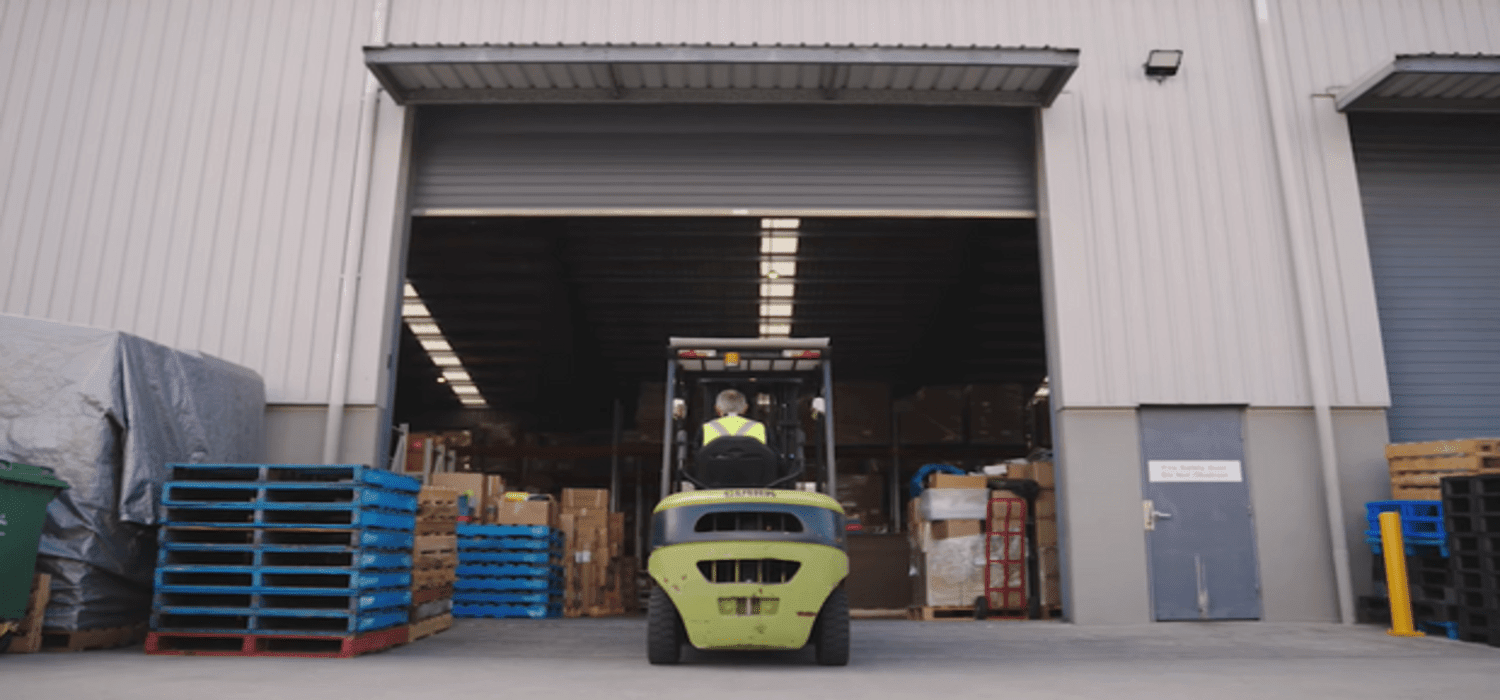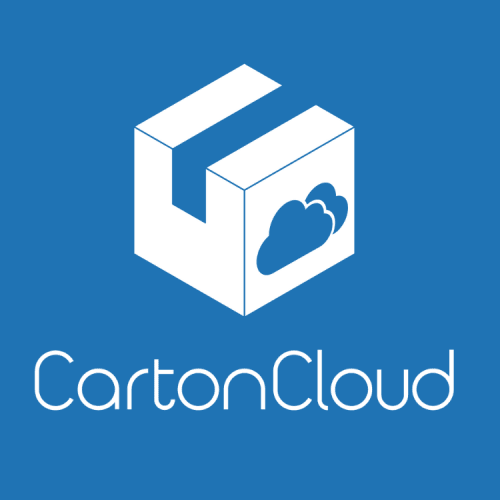
As the logistics industry braces for the cyber sales boom this week — many smaller operators face additional pressure. According to the Wall Street Journal, warehouse demand by larger retail companies requiring extra storage for inventory is creating a squeeze for smaller warehouses.
It’s the most anticipated sales season of the year, though for logistics operators, the cyber sales online shopping frenzy brings increased demand, warehouse capacity concerns, and accelerated last-mile dispatch expectations. Logistics cloud software provider CartonCloud are helping smaller warehouses to overcome daily hurdles, increase revenue, and compete against major players in the industry.
“Global supply chain bottlenecks and disruptions experienced over the past two years have caused the industry to shift from a leaner, centralized inventory model, to having more inventory located in multiple locations, to shorten supply chains and increase the speed of last-mile fulfillment,” said logistics software company CartonCloud’s COO/Head of North America Shaun Hagen.
“This is increasing demand for warehouse space from the larger players, particularly during periods of peak demand like the Black Friday sales, putting pressure on smaller warehouses to compete.”
According to Shopify’s recent report, the Future of Commerce, 60% of global consumers expect same, next, or two-day delivery — and with online sales across Black Friday and Cyber Monday expected to soar for another year, this trend means the industry will be bracing to meet the highest volume of the year, and fastest delivery timeframes.
Warehouse vacancy in the country has already reached 3.6%, a record low, according to recent data from CBRE, an American commercial real estate services and investment firm. “We expected to see these stock backlogs ahead of the sales season as warehouse customers prepare for the sales boom,” CartonCloud CEO Vincent Fletcher said.
“However, there are a few things smaller companies can do to provide more value to their customers and scale up operations across the cyber sales boom.
“We know the industry relies heavily on the survival of small and medium-sized businesses, which is why it’s essential these companies can have access to software that is designed for them, to help them optimize operations, save time and money, and grow.
“The impacts from the global pandemic really changed the game. It showed the importance of data transparency and forecasting, especially in terms of what 3PL providers can offer to their customers, to help navigate the complexities of the logistics industry. This is the key for smaller operators.”
CartonCloud is a SaaS company providing warehouse and transport management software designed to support smaller logistics companies take on bigger players in the industry, by streamlining workflows, automating data, providing seamless software integrations, and allowing them to implement additional revenue streams.
3PL e-commerce provider, TNS Logistics, turned to CartonCloud to streamline their warehouse management processes, diversifying revenue, growing their customer base and reducing admin through software integrations.
Since partnering with CartonCloud, TNS has completely revamped its warehousing approach, utilizing new features of the software, with each new customer they bring on board. For commercial manager Matthew Norton, choosing the cloud-based software built and designed for SMEs like TNS was a no-brainer, allowing them to fulfill the diverse needs of new customers with ease, through one system.
“One of the things I really liked about CartonCloud was that the team had come from a warehouse background. They had seen the operational difficulties day to day and created a product that was actually able to help us,” Norton said.
With over 23,000 active daily users, the software company expects to see major spikes in warehouse order fulfillment and transport consignments over the coming weeks.
“We work closely with our clients and with other industry members,” Fletcher said.
“It’s what sets us apart. We are logistics people too and provide software tailored specifically to their needs — even as digital trends are changing.
“Over the past few years, we've seen a significant shift in the sales season approach, responding to supply chain bottlenecks, shipping delays and stock shortages experienced in previous years.
“These days, brands are beginning their sales ahead of the Thanksgiving weekend, to try and lengthen out the activity, giving distribution channels a better chance at keeping up. Smaller warehouse and freight companies can use their software systems to help them plan out inventory levels with customers and provide complete order fulfillment transparency.”
Hagen explained, warehouses looking to increase their use of space may also offer cross-docking for faster handling and dispatch, or use storefronts as stock depots alongside multiple warehouses, to reduce last-mile distance.
“With cloud-based solutions, they can integrate their WMS directly with customer online storefronts, allowing seamless and instant data flow for faster and more transparent order fulfilment. Some warehouses may also provide cross-docking services to reduce the need for warehouse storage, by accepting incoming orders to staging, where they can be matched to outgoing orders on different transport legs,” he said.
“It’s about equipping our customers to have the ability to offer more, with lower overheads, less time, and with the resources they have on hand. CartonCloud’s customers can use these features to provide better service to their customers, and to help them be prepared for the sales season.”
For many direct-to-consumer brands, the cyber sales season accounts for the majority of their yearly sales. In the USA, cyber sales between Black Friday and Cyber Monday alone account for 20% of online sales from November to December 30th.
The stakes are high, and those partnering with a 3PL provider to outsource their logistics will be looking for a 3PL provider who can offer online ordering, order tracking, and fast fulfillment.
Online ordering must be integrated from their customer’s Shopify or other online stores, directly to their WMS, allowing instant order updates and accurate order placement without middle handling. There are estimated to be 12-24 million e-commerce sites in the world, with new online stores opening each day, the majority of which are powered by Woocommerce or Shopify.
Their warehouse system also needs to be easy to use, and easy to train new employees. This way, seasonal workers can come on board for peak demand seasons, and pick up processes with ease. They can begin fulfilling orders faster, with higher accuracy — allowing the warehouse to be reactive in taking on new business. An easy-to-use system is also a huge benefit towards staff enjoyment and can even help with warehouse staff retention.
Finally, order tracking and system integrations with transport partners is essential to ensure seamless dispatch and delivery. Cloud-based 3PL software like CartonCloud also provides greater oversight for 3PLs and their customers, with automated data tracking in real-time.
To find out more about CartonCloud’s powerful, integrated WMS/TMS, visit www.cartoncloud.com
It’s the most anticipated sales season of the year, though for logistics operators, the cyber sales online shopping frenzy brings increased demand, warehouse capacity concerns, and accelerated last-mile dispatch expectations.
Logistics tech company CEO Vincent Fletcher and COO Shaun Hagen discuss how SME warehouses can compete against major players this sales season.
